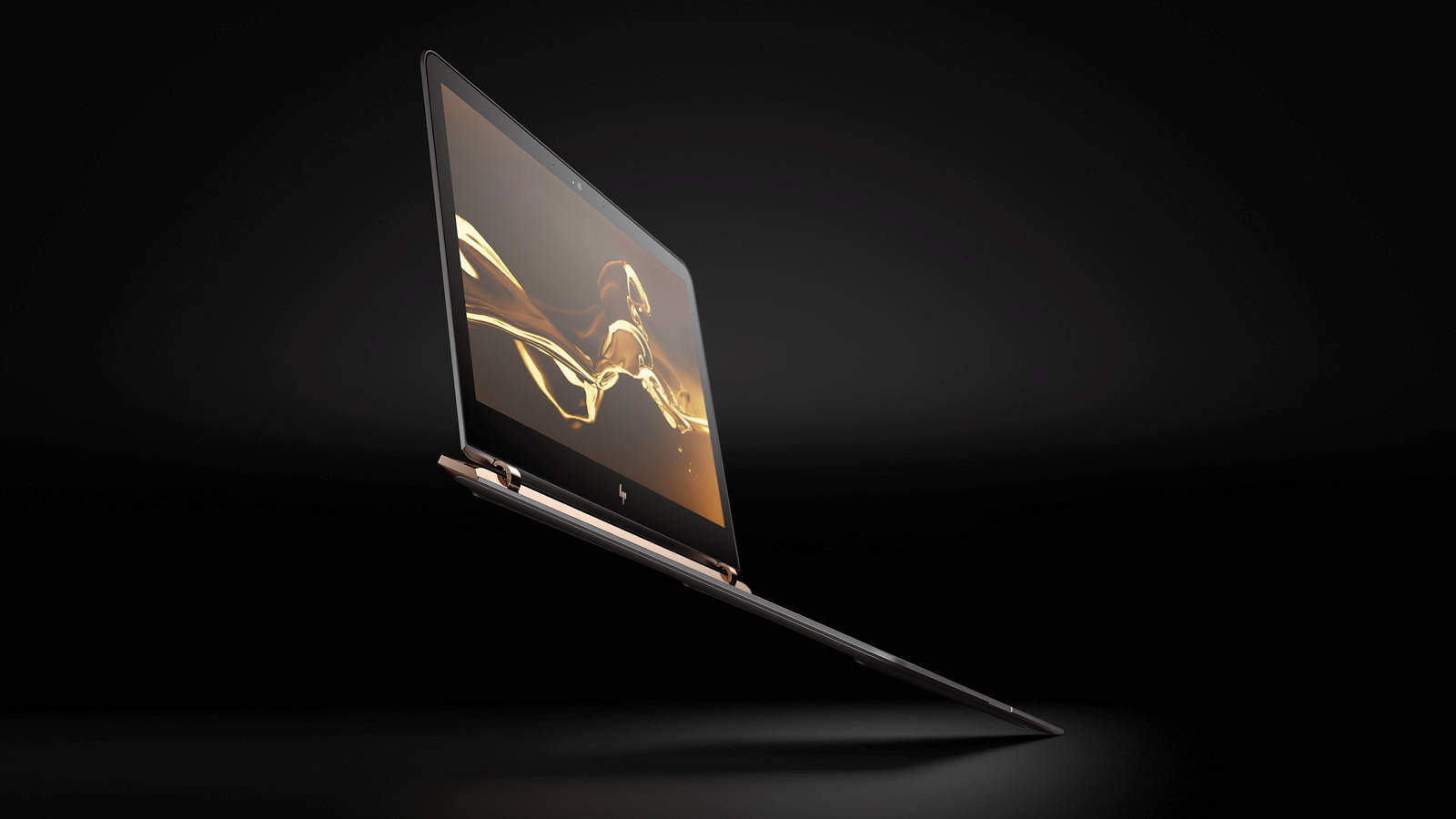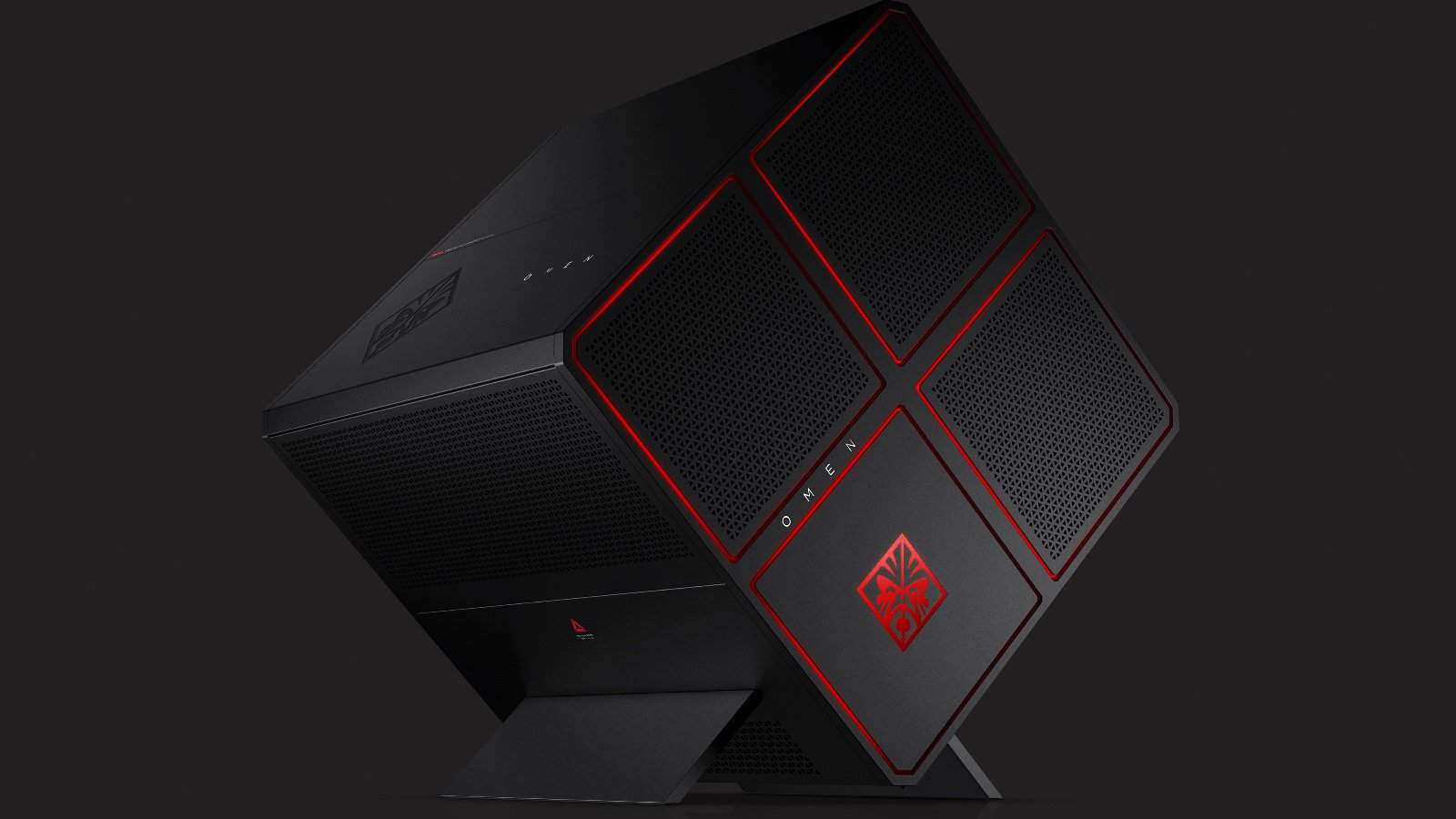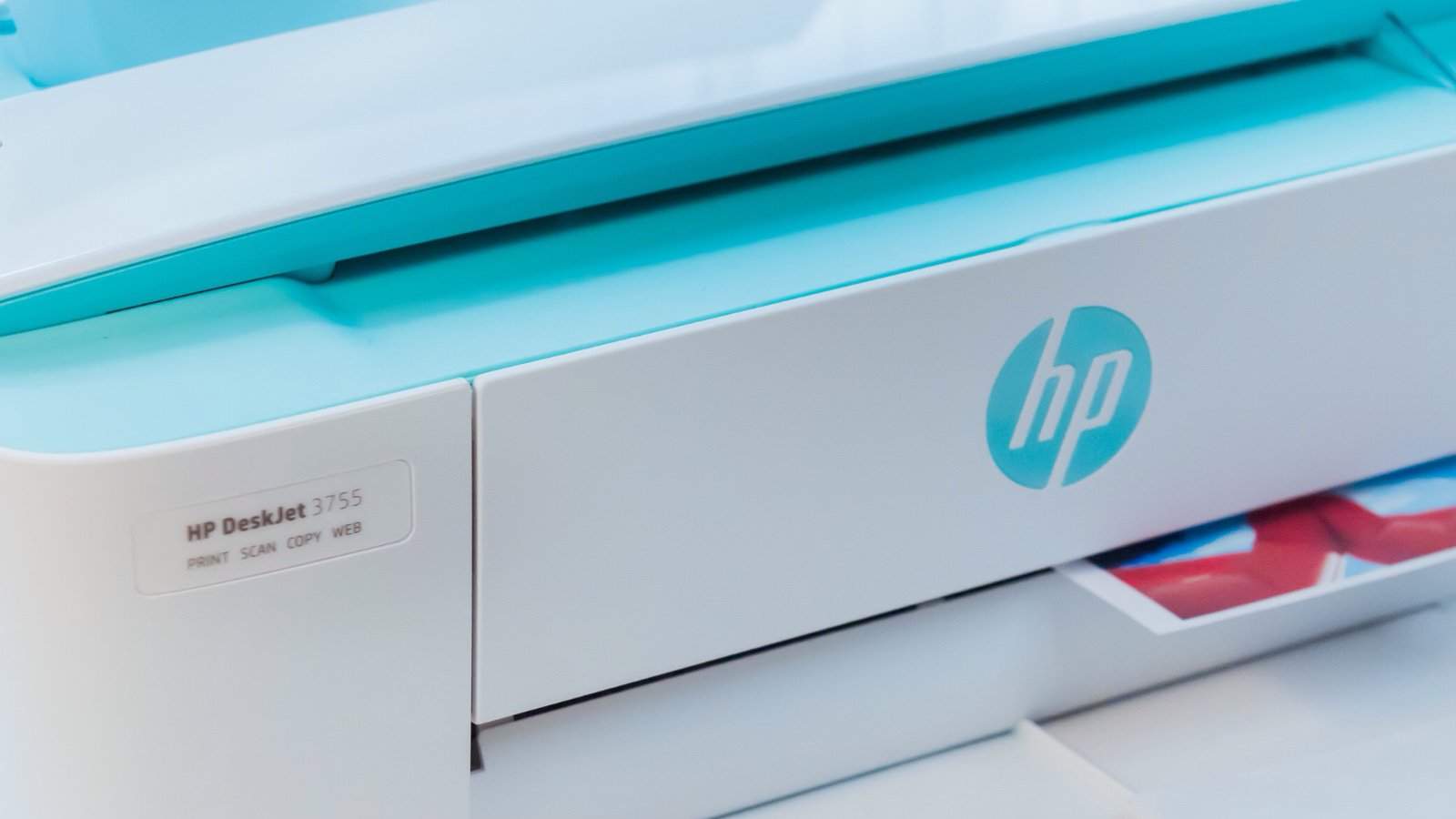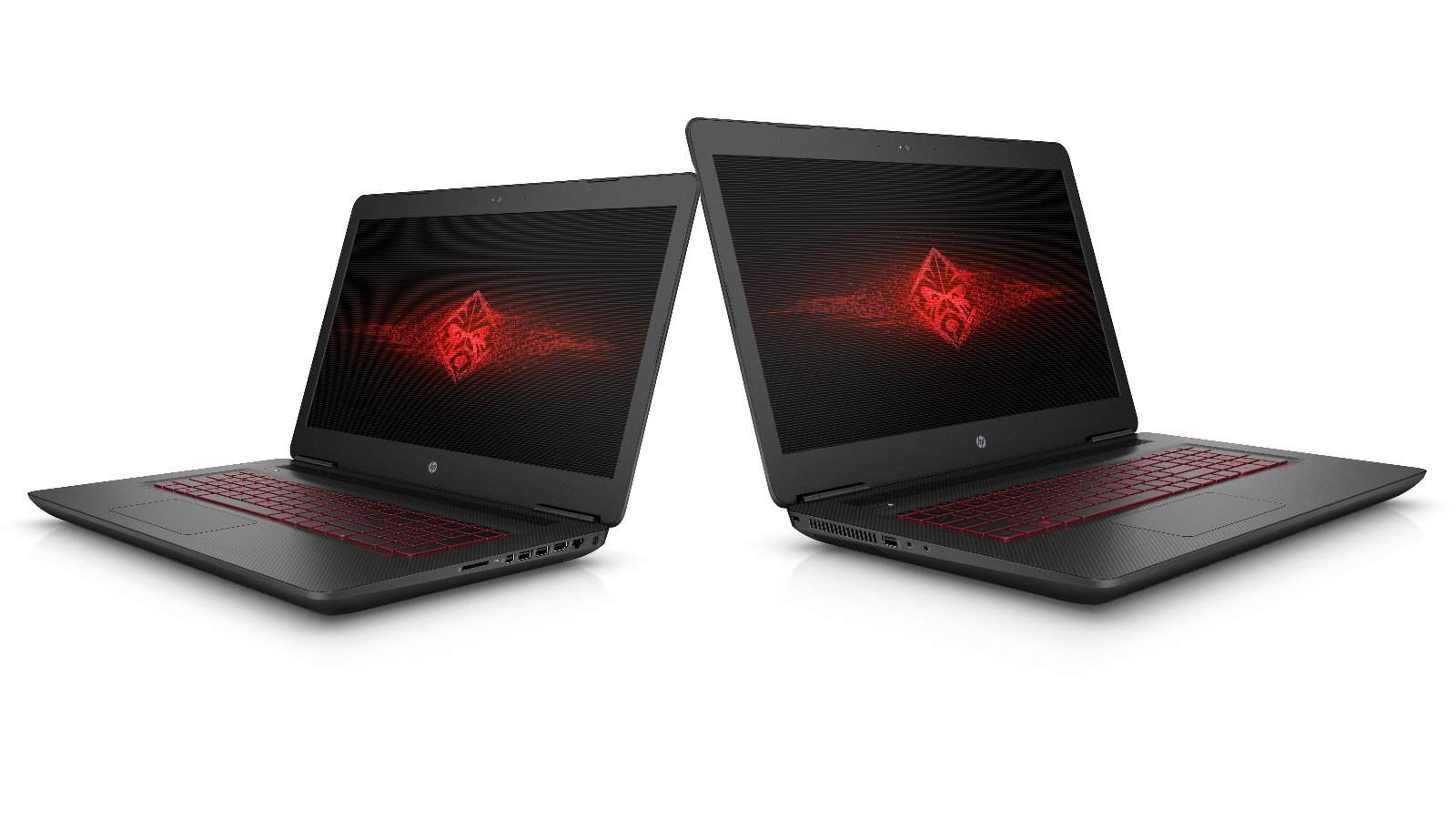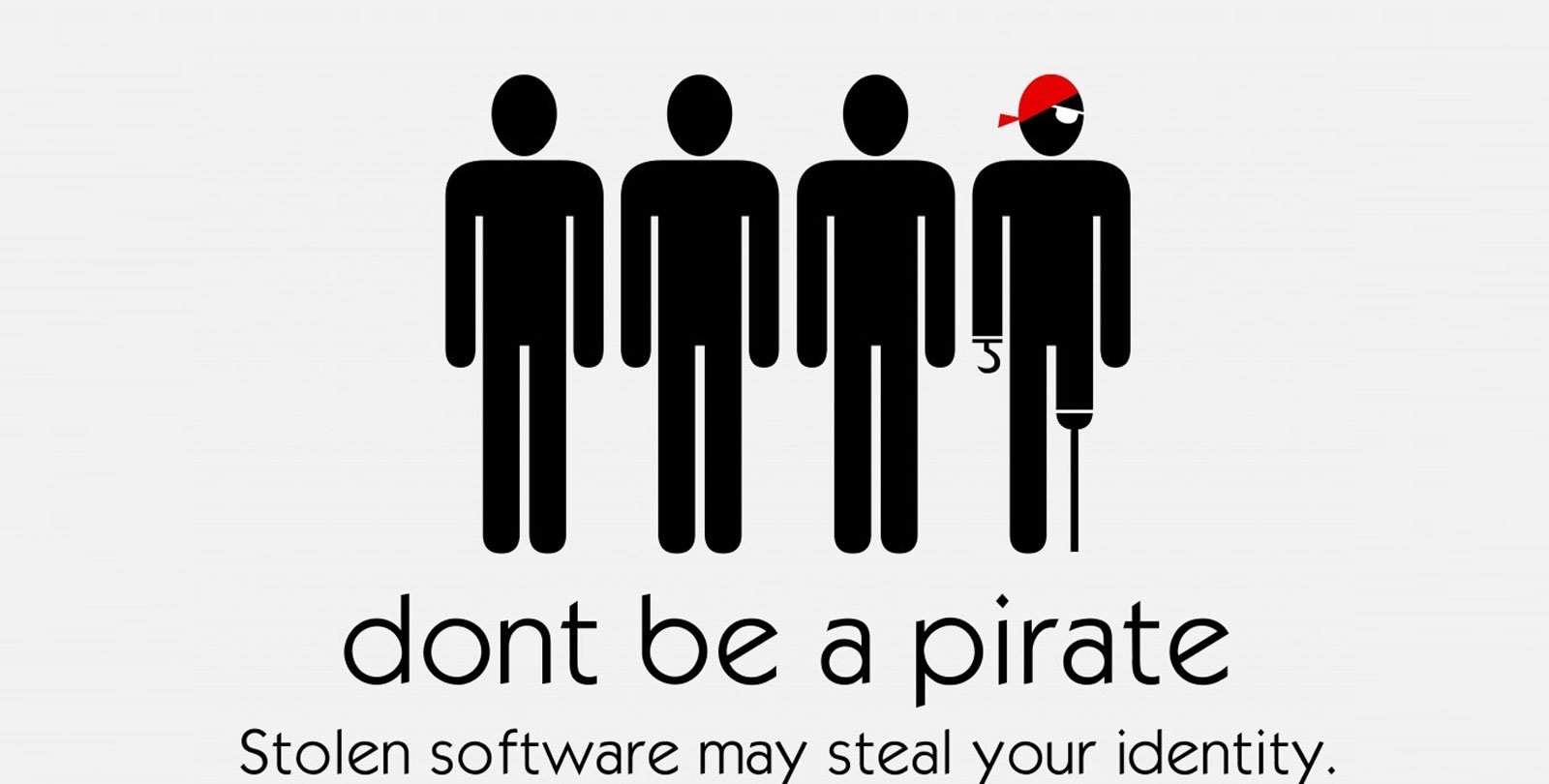I recently had the opportunity to attend the Anti-Counterfeiting (ACF) Africa Conference hosted by Hewlett Packard (HP) on the 3rd of April 2014 in Johannesburg, which served to help educate and empower organisations across the continent against the negative effects of counterfeit trade.
Government officials, law-enforcers and representatives of various companies and divisions responsible for ACF efforts, as well as a number of national press representatives, gathered at the two-day summit in order to discuss consumer protection and raise awareness against the manufacturing and trading of illegitimate goods.
Mr. Fabrice Campoy, Director of HP’s Printing and Personal Systems for the whole of Africa, opened the conference by stating that African nations are becoming more aware of the challenges counterfeit trade brings “and [are] becoming active in the fight against it” with the help of agencies such as Interpol, IPLAN (Intellectual Property Law Association of Nigeria) and even our own Police Services and the South African Revenue Service.
Through its ACF Program, HP actively educates its customers and partners to be vigilant against fake printing supplies. It also cooperates closely with local and global law enforcement authorities to detect and dismantle illegal operations that produce counterfeit HP printing components.
“The HP Anti-counterfeiting Program works hard to protect partners and customers, but this is only made possible through close collaboration with law enforcers around the world. We therefore truly appreciate the cooperation of African law enforcement to helping to make this event possible, and protect African customers from the inferior standards and potential risks of counterfeit.” said Campoy.
Reports show that as the global trade in counterfeit goods is growing, Africa is increasingly being targeted as a market for counterfeit merchandise. A new trend has also emerged that highlights how Africa is being used as a transit route for fake goods, which poses an indirect threat to European and American markets.
Over the last five years HP has conducted around 1,600 investigations across the Europe, Middle East and Africa (EMEA) region, resulting in about 1,300 enforcement actions and the confiscation of 11 million units of counterfeit products and components.
The company also made 4 000 unannounced inspections of HP products at the warehouses of HP Channel Partners across EMEA in the past five years, to verify that they are not selling counterfeit products to their customers. HP has promised that they will offer free inspections to any outlet or customer who may be suspicious of the legitimacy of their HP product(s).
False goods impact businesses and global trade through lost revenue, damage to brands and the negative effects on hard-earned reputation and consumer confidence, says Jeff Kwasny, Brand Protection Programme Manager for HP’s Printing and Personal Systems Group.
Original HP supplies distinguish themselves by their quality and reliability at competitive prices. Authentic HP LaserJet and Inkjet print cartridges, unlike counterfeits, benefit from a history of investment and testing to provide superior performance and consistent results.
Counterfeited products also suffer from a worse life expectancy than that of original products, as well as deliver sub-par colour and bad ink jobs that can smear more easily or fade much quicker.
Campoy assured us that even though most HP customers are not even aware that they may have purchased counterfeit goods, they will be working hard to educate and help all consumers in the right direction.
Sandy Smith, Associate Director at MSD, presented after Compoy and informed us of the impact that counterfeiting has on medical products, namely those manufactured by MSD & Merck like toothpaste, medicinal balm, famous spray-on tan lotion Coppertone; and even animal products such as Gardasil. Smith even displayed a photograph of Merck painkillers being sold in shady drug stores, the kicker being that Merck does not manufacture and supply any kind of painkiller!
Smith concluded by informing us that no one company is immune to counterfeiting. The most popular threats include online sellers, reverse distributors, cargo theft, and any kinds of discounted products and charitable goods.
Hillary Osborne, Customer Operations, MSIT, Pricing Claims and Brand Protection Manager at Unilever, was also invited on stage. Unilever is South Africa’s biggest distributor of everyday goods and products such as Sunlight Dish Washing Liquid, Omo Washing Powder, Vaseline, Knor, Axe and Lux.
Osborne reiterated that no brand and company is truly safe and immune to counterfeiting. On average, Unilever loses about 400-500 million Euro a year due to counterfeiting. However, through successful raids of counterfeit products, Unilever has confiscated over R800 000 worth of illegitimate goods.
The third speaker was Mr Rash Pathir, Brand Manager for Nike. Unlike the other speakers, Pathir began by boldly stating that Nike has a zero tolerance policy when it comes to counterfeiting. Where other companies might only confiscate a certain number of items in order to test legitimacy, Nike will simply raid suspected warehouses with warrants and confiscate every single item, save for what is being worn by the perpetrators.
All of the speakers offered examples of counterfeit goods to look at, which ranged from cheap knock-offs to flawless copies. The idea behind the exercise was to teach conference attendees that no matter what a product looks like, it may be counterfeit.
“We have to look at it as a marathon and not a sprint. With reinforcement comes action”, said Jeff Kwasny right before Compoy ended the conference with a good bye and a thank you to all who had attended.
For more information on how to avoid buying counterfeit goods, please visit HP’s Website on Counterfeiting.
Junior Editor at Vamers. From Superman to Ironman; Bill Rizer to Sam Fisher and everything in-between, Edward loves it all. He is a Bachelor of Arts student and English Major specialising in Language and Literature. He is an avid writer and casual social networker with a flare for all things tech related.



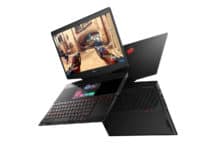
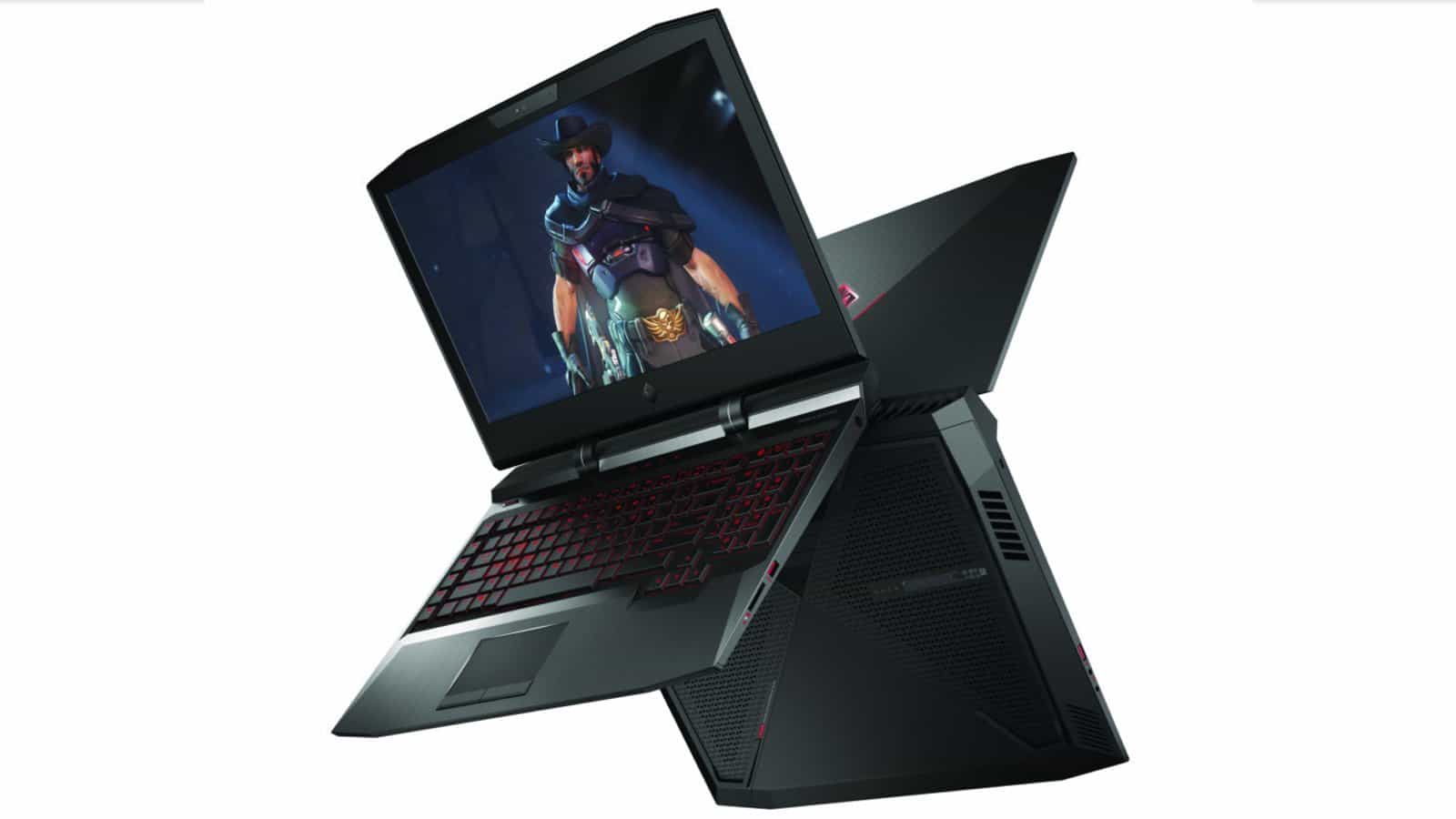
![HP Sprocket Puts Photo Printing in your Pocket [Review]](https://vamers.com/wp-content/uploads/2017/07/Vames-FYI-Gadgets-Review-HP-Sprocket-Puts-Photo-Printing-in-your-Pocket-Review-Main-Banner-218x150.jpg)
